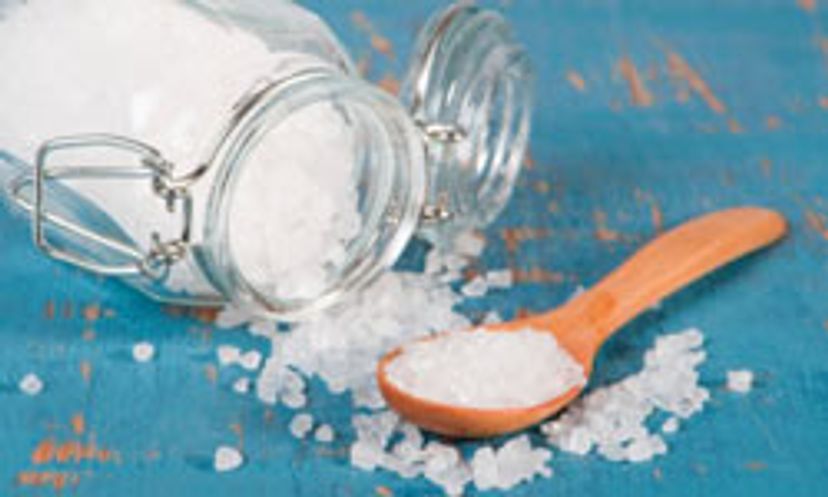
About This Quiz
Whether in large doses, like calcium, or only small traces, like chromium, our bodies need minerals to function properly. Take this quiz to learn about minerals and supplements and decide for yourself.Your body normally needs a maximum of 11 mg of zinc and 18 mg of iron daily.
The micromineral zinc is needed for the body's defensive (immune) system to work correctly.
Drink your orange juice when you take your iron. Vitamin C enhances the absorption of iron.
Advertisement
Just 33 percent of Americans have the recommended two or more servings of fruit per day and a mere 26 percent eat the recommended three or more servings of vegetables per day, according to the CDC.
Potassium protects against hypertension, strokes and cardiovascular diseases.
The FDA does not mandate any particular amount of a nutrient or serving size in a dietary supplement. That's up to the manufacturer.
Advertisement
Men eat more calcium rich foods, like milk, cheese and dark vegetables, than women.
Researchers at the University of California Davis discovered that children with healthy lifestyles and balanced diets were the largest consumers of multivitamins. Low-income children needed supplements the most to fill in holes in their diet, but were the least likely consumers.
Never take more than one dose of a mineral supplement per day. Side effects of mineral toxicity include a limp feeling, nausea, vomiting, muscle weakness, and even stomach bleeding.
Advertisement